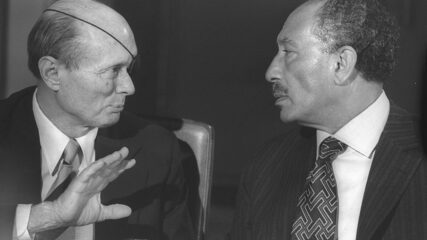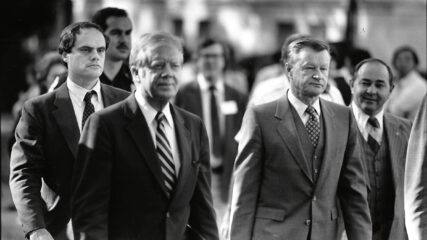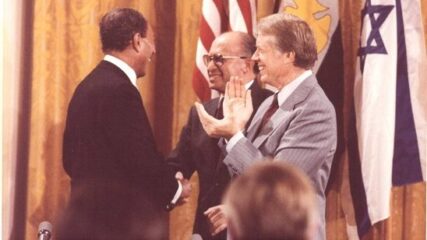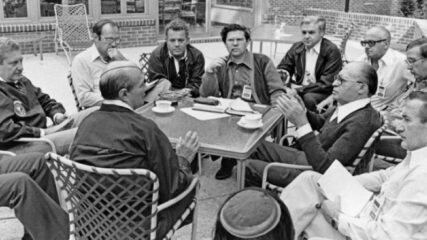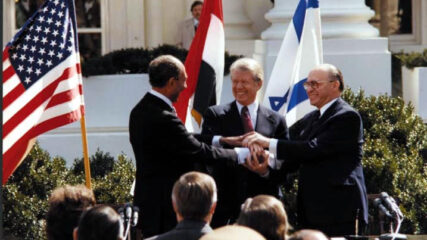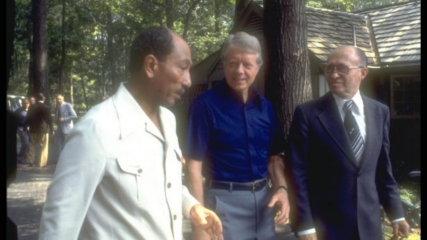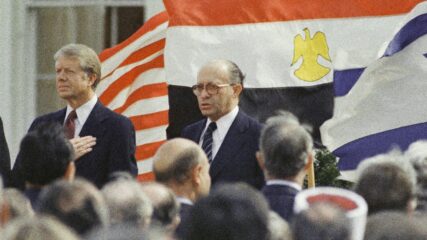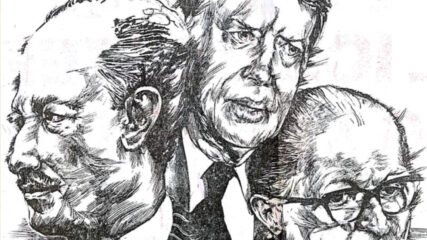On a stormy evening on Sept. 17, 1978, with President Jimmy Carter as their witness, Egyptian President Anwar Sadat and Israeli Prime Minister Menachem Begin stepped to a table at the White House and signed the Camp David Accords, consisting of two framework agreements: an outline for the Egyptian-Israeli Peace Treaty and a scaffold for planning self-rule for the Palestinians living in the West Bank and Gaza Strip, held by Israel since the June 1967 war. Six months later, on March 26, 1979, the three men gathered again at the White House to sign the peace treaty. But their path to the ceremony 40 years ago was hardly smooth.



